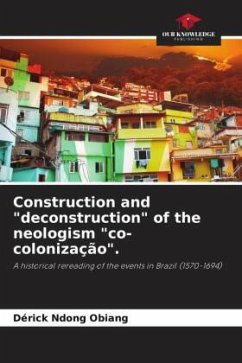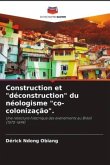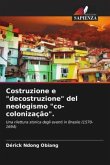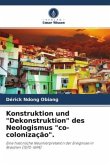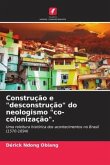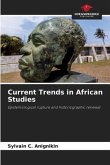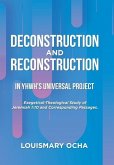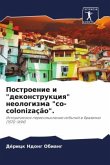This paper aims to carry out a critical study of Gilberto Freyre's "co-colonização". By taking a look at the colonial period and analyzing the events linked to the slave trade and slavery, it seeks to highlight the pejorative socio-historical scope of the use of this neologism when it comes to qualifying the influence exerted by the black African slave in Brazil. The theoretical approach on the Theory of Fields and Capitals of Pierre Bourdieu reveals the construction of this neologism, demonstrating that despite his dominated situation, the black slave achieved monopolies in many fields of power before the colon. However, Jacques Derrida's approach to "deconstruction" proposes a historical re-reading of the facts and the deconstructive study carried in the writings of some scholars conveys blaming discourses on an alleged 'nefarious' influence of the black in Brazil. The analysis of this neologism allows us to highlight two distinct and ambiguous socio-historical scopes: the valorization of African identity in Brazil and the incrimination of the Negro in many psychobiological and psychosocial defects present in Brazil.
Bitte wählen Sie Ihr Anliegen aus.
Rechnungen
Retourenschein anfordern
Bestellstatus
Storno

